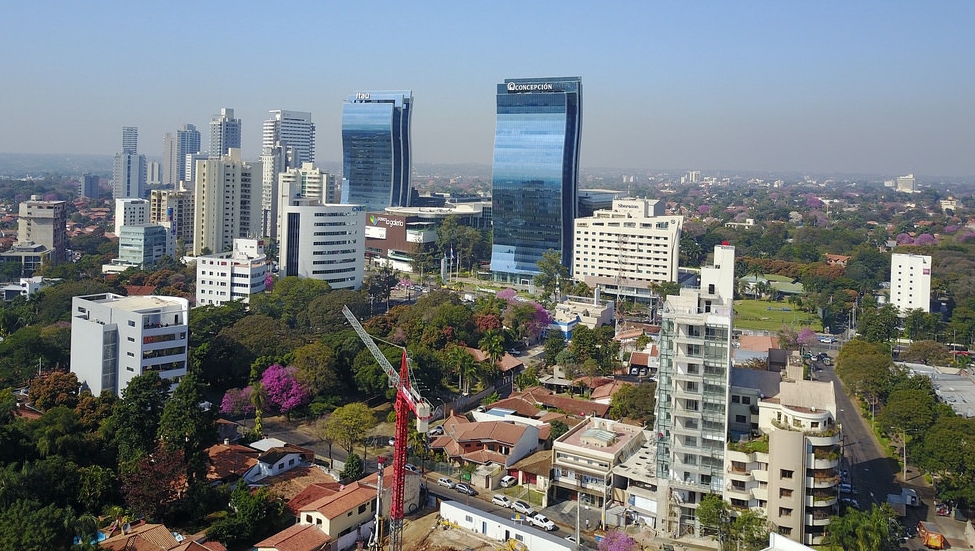P
araguay has achieved economic stability over the past 20 years, with various sectors in manufacturing and services expanding. The construction sector has grown by 43% over the last decade and is projected to surge 5% in 2025, according to the Central Bank of Paraguay (BCP). The real estate sector has also expanded, growing 31% since 2015.
Asunción, the capital city, is undergoing a transformation as high-rise buildings emerge within its financial district. This shift from ground-level properties to vertical structures is driven by factors such as foreign investment, a rising middle class seeking proximity to work, and a housing shortage of over 1.5 million units.
Francisco Soldani, Commercial Director at Petra Group, believes that this growth is just the beginning. He points out that Asunción's property market offers attractive growth and margin projections, making it an ideal time for investment. According to Moody's, Paraguay's sovereign credit rating was upgraded to investment grade in 2024.
Soldani notes that countries with similar ratings have experienced sustained growth in square meter prices for at least ten years. He highlights the importance of location, citing Asunción's high demographic growth and rising purchasing power as key factors. The average building cost per square meter in Asunción is US$1,697, significantly lower than other regional capital cities.
César Paredes, president of Cadiem Fund Administrator, sees real estate investment as a major opportunity due to yields produced by rents and property valuation growth. He emphasizes that real estate investments bypass the problem of inflation, delivering profits in both rent and capital surplus.
Soldani advises investors to find trusted developers and advisors, analyze location, and prioritize post-sale services. Paola Zoellner, owner of Zoellner Inmobiliaria, highlights the potential for yield and surplus in projects en pozo (under construction). She notes that rent demand is high, with yields ranging from 8% to 10%.
Zoellner emphasizes that foreign investors can invest without residency or citizenship, although obtaining residency can lead to lower taxes. The Paraguayan tax system is simple, based on a "10-10-10" formula: 10% VAT, 10% personal income tax, and 10% corporate income tax.
Initial investment amounts for projects en pozo start at around US$35,000 for studio apartments and US$50,000 for larger units. Down payments are typically around 20%. The importance of a local partner is also stressed, as they can provide valuable market knowledge and timing insights.
César Paredes believes that the real estate market has ample space to grow in Paraguay, with opportunities in both housing and office buildings. He expects more investment funds to be involved in financing real estate projects in the coming years.














